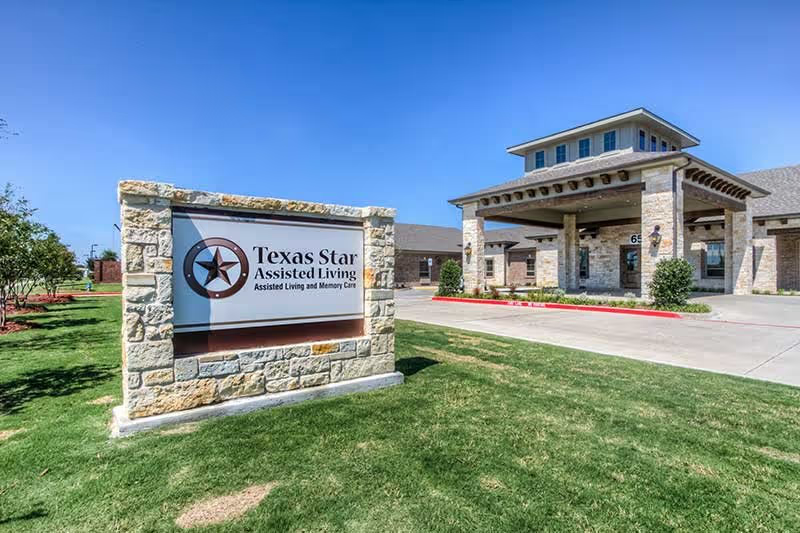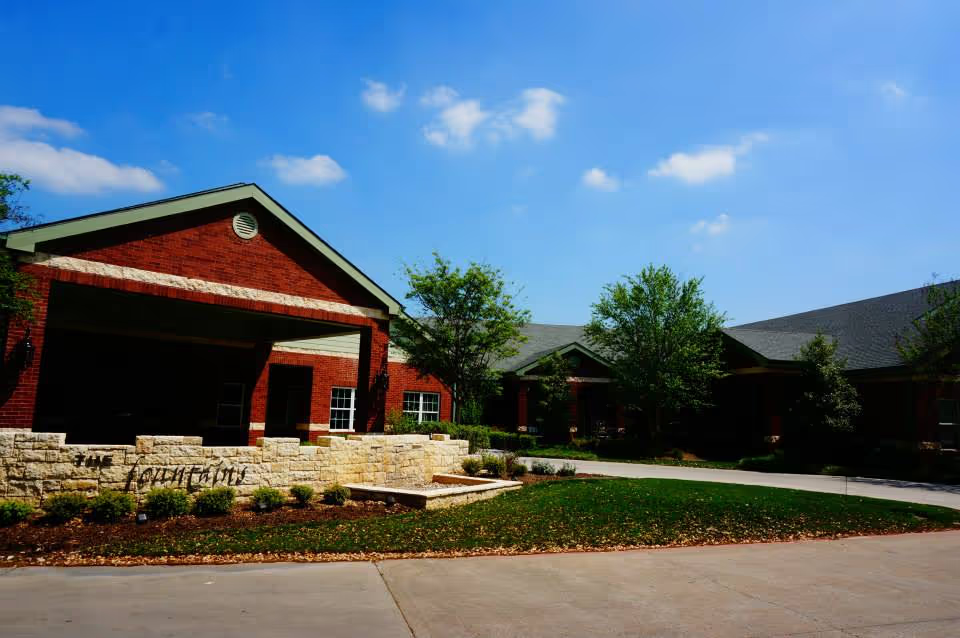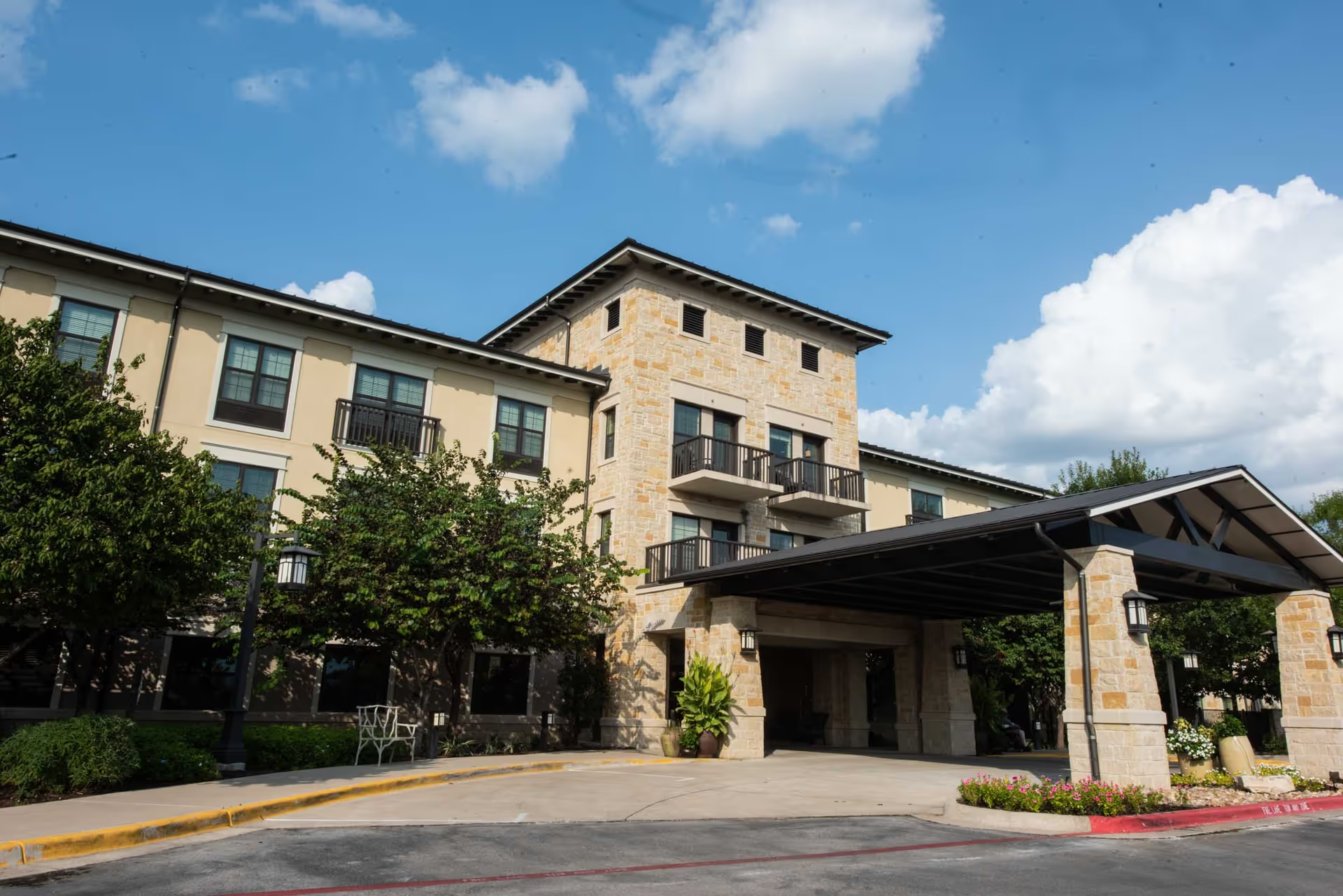The reviews for Enid Senior Care present a split and highly polarized picture: several reviewers praise the facility and specific staff for attentive, compassionate care and enabling resident independence over extended stays, while a number of other reviews describe serious problems with cleanliness, management, and clinical care. Taken together, the comments point to inconsistent experiences that range from strongly positive family testimony to allegations of neglect and unsafe practices.
Care quality and medical safety: There are contrasting reports about the quality of care. Positive comments describe residents being "in good hands," attentive caregivers, and the promotion of independence over a two-year stay. Conversely, some reviews report significant clinical lapses — most notably a clogged feeding tube that required hospital transfer — indicating at least occasional failures in medical or nursing oversight. That specific incident suggests potential problems with clinical protocols, monitoring, or staff training in handling enteral feeding equipment. Multiple reviews raising medical-safety concerns should be treated as high-priority signals, even if other families report good outcomes.
Staff behavior and consistency: Staff performance is a major theme and a source of contradiction. Several reviews explicitly praise staff as caring and attentive, while others accuse staff of lacking compassion or not caring about residents. There are also reports that caring staff members were removed, which could explain variability in experience and point to turnover or personnel-policy issues. The mix of praise and complaints suggests uneven staffing quality across shifts or units, or recent personnel changes that materially affected resident experience.
Facilities, activities, and daily life: On the facilities side, there are serious complaints about cleanliness — one review calls the facility "dirty." Activity programming and access to common outdoor spaces are another recurring concern: reviews say residents were not allowed to join courtyard activities and that activities were restricted to staff-only. Those restrictions could reflect policy or staffing constraints, but they directly affect quality of life and resident engagement. Positive reviews do not emphasize facilities or activities as strongly as they do individualized care, so the net impression is that social programming and facility upkeep are weaker, inconsistent elements of the resident experience.
Management, finances, and culture: Several reviewers allege poor management practices, including funds mismanagement and a corporate focus on profit over resident care. These are serious governance concerns, amplified by statements calling for the facility to be shut down and allegations of resident neglect. Reports that caring staff were removed and that leadership prioritizes profits suggest systemic issues rather than isolated incidents. When combined with operational problems (cleanliness, activity restrictions, and clinical lapses), the critiques portray a culture where administrative decisions may be undermining frontline care quality.
Patterns and overall impression: The dominant patterns are inconsistency and polarization. Positive reviews emphasize individualized, attentive care and long-term satisfaction, whereas negative reviews raise safety, cleanliness, engagement, and management concerns — some of them severe (hospital transfer, calls for shutdown). This distribution suggests either significant variability in care depending on unit, staff on duty, or time, or a recent change in operations that has produced diverging experiences. Because of the severity of some allegations (clinical harm, alleged mismanagement of funds, and calls for closure), these reviews warrant further investigation by families and, if appropriate, by regulators or advocates.
In summary, Enid Senior Care elicits both strong praise for compassionate, independence-promoting care from some families and serious complaints about safety, cleanliness, activity access, and management from others. Prospective families should consider visiting multiple times, asking detailed questions about clinical staffing, feeding-tube protocols, staff turnover, activity schedules and access to outdoor spaces, and financial/management transparency. Current families and advocates should treat reports of clinical lapses and alleged mismanagement as high-priority issues for follow-up with facility leadership and, if necessary, external oversight bodies.







